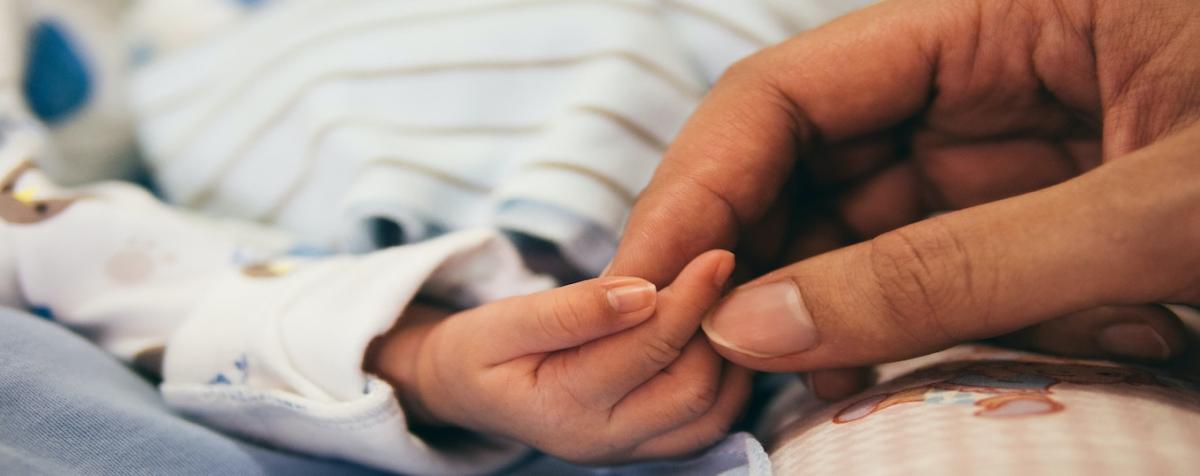Neurodevelopmental Research Program
In the Neurodevelopmental Research Program, we’re dedicated to understanding the way that early life experiences shape physical and mental health across the lifespan. We evaluate the influence of prenatal stress and stress hormones for cognitive functioning, brain development and stress and emotional regulation through projects supported by grants from the National Institute of Child Health and Human Development, the National Heart, Lung and Blood Institute, and the National Institute of Mental Health. We are also interested in examining the potential benefits of psychotherapeutic intervention during pregnancy. Our studies help researchers and communities better understand the effects of early experiences on development.
Join Our Team
Graduate Students and Postdoctoral Fellow
Prospective graduate students or postdoctoral fellows interested in the Neurodevelopmental Research Program, we welcome you to join us! Professor Elysia Poggi Davis is accepting graduate students and postdoctoral fellows.
If you have questions about the Psychology PhD admission criteria, please visit the Department of Psychology website for more information.
Undergraduate Students
The Neurodevelopmental Research Program headed by Professor Elysia Poggi Davis is devoted to studying the effects of prenatal environment on child development. We are looking for students (from all fields) seeking a unique research experience for course credit or work-study. Students must be willing to make a minimum one-year commitment at 6–9 hours per week.
To apply for a research position, please email nrp@du.edu with your resume/cv.



